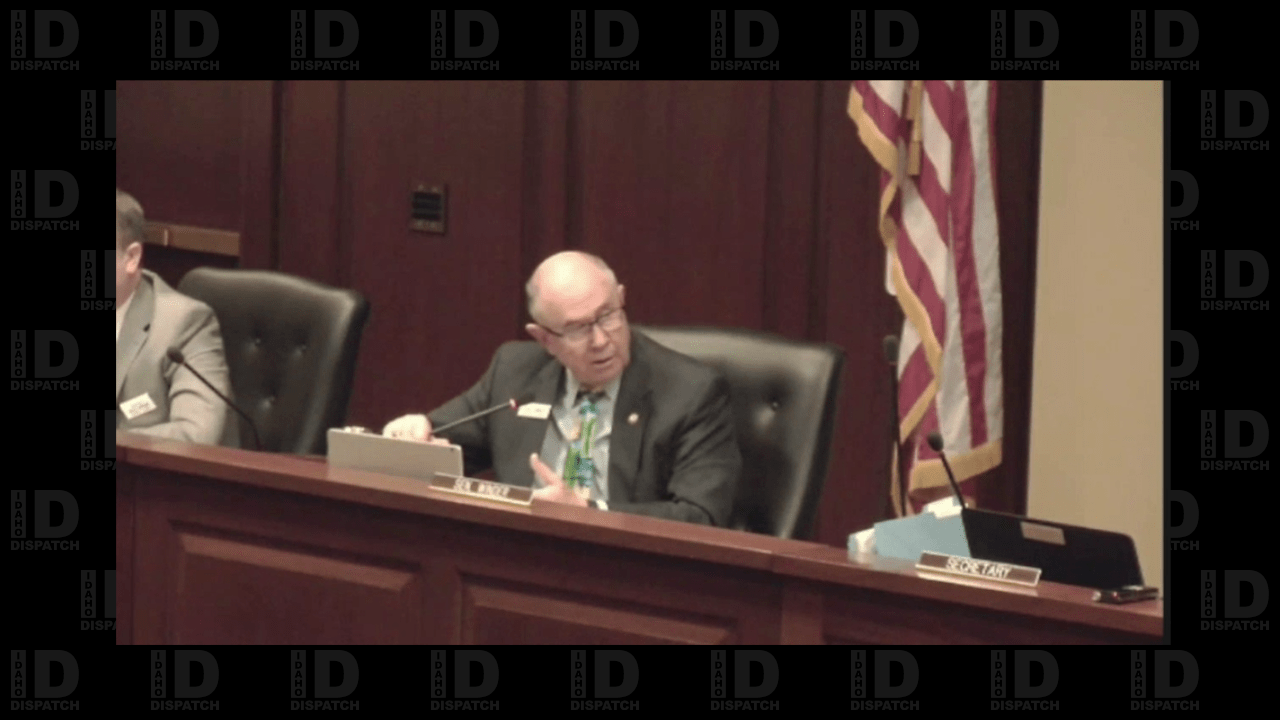
2 Bills Advances Enabling Legislature To Call Themselves Into Session
By Greg Pruett • February 21, 2021A new bill has been introduced in the Idaho Senate that would determine how a Special Session would operate if the legislature were to call themselves back into session.
Senate Bill 1112 passed out of the Senate State Affairs Committee last Wednesday and is on the 3rd reading calendar in the full Senate. That means that the bill is scheduled for debate in the coming days and most likely sometime this week.
SB 1112 is working in conjunction with House Joint Resolution 1 which is a proposed constitutional amendment to the Idaho Constitution and is needed for SB 1112 to have any effect.
HJR 1 was also heard in the Senate State Affairs Committee last Wednesday and has moved on to the Full Senate. HJR 1 has already passed the House.
The legislature’s ability to call themselves into session was a topic of discussion last year when some legislators wanted to come back into session to vote on measures regarding Governor Brad Little’s emergency orders and the spending of CARES money. The legislature did come back into session in August at the call of Little but the issues that some legislators wanted to address were not allowed to be debated at the time.
While the governor is able to call the legislature back into session, a number of legislators in both the Senate and House wanted the ability to call themselves back into session.
SB 1112 would also allow the Senate Pro Tempore and Speaker of the House to determine which issues need to be debated and discussed in a “Special Session.” At least 60% of the legislature would need to sign a petition agreeing to a Special Session as outlined in HJR 1 and SB 1112.
The bill’s official Statement of Purpose is as follows:
The purpose of this legislation is to provide a process to petition the Speaker of the House and the President Pro Tempore to call a Special Session of the Idaho Legislature. This legislation requires the House and Senate to determine for what purpose or purposes the legislature would be called into a Special Session. It requires that the petition state the specific subject or subjects to be considered during the Special Session. Once the Speaker of the House and the President Pro Tempore of the Senate have determined the specific subject or subjects to be considered the petition will be sent to each member of the House and Senate. Once at least sixty percent (60%) of the members of both the House and Senate have signed the petition, it shall be presented to the Secretary of State. The Secretary of State must notify the Speaker of the House and the President Pro Tempore of the Senate. Once received by the Speaker of the House and the President Pro Tempore, they shall issue a joint proclamation calling for the Special Session.
Advertisement
Sen. Chuck Winder (R-Boise) is the President Pro Tem and listed as the primary sponsor of SB 1112 along with Sen. Kelly Anthon (R-Burley). Winder said the following during his opening remarks on SB 1112:
Current law and current constitution does not allow the legislature under any circumstance to really call itself into session. During the ongoing pandemic and the issues that the public was faced with, we thought it was important that we be able to call ourselves into session under certain circumstance[s] to deal with issues of high importance to the citizens of the state.
Right now, the constitution and code only allows the governor to call us into session. He gets to choose when that happens and what the subject matter will be. And we think that that’s, in some cases can be, too far reaching and that it ought to be a balancing effort between the legislature, who represents the citizens more directly, than just the executive branch or a bureaucracy making a decision or an order to deal with very important issues of people’s right to work, right to worship, the issues that I think are dear to us as Americans. So, that’s what this is about.
Sen. Grant Burgoyne (D-Boise) who sits on the committee where the bill was introduced, brought up several concerns with the language in the bill and asked Winder for clarification. Sen. Michelle Stennett (D-Ketchum) also questioned Winder about why the threshold for calling themselves into session was not higher.
Winder told Stennett that the House and Senate came to an agreement on 60% despite some legislators wanting the number lower and some wanting it higher.
After some discussion and debate about the language in the bill, SB 1112 passed on a voice vote with Sen. Jim Guthrie (R-McCammon) opposing the measure because he felt the threshold for the legislature calling itself into session should be two-thirds.
The next proposal in the committee debated and discussed was HJR 1, a proposed constitutional amendment, which also passed on a voice vote.
Both measures are headed to the full Idaho Senate where HRJ 1 will need a two-thirds vote to pass and SB 1112 will need a simple majority.
HJR 1, if passed by the Senate, will go to a vote of the people in 2022 and does not have to be approved by the governor.
Do you believe the legislature should be able to call itself back into session? Let us know in the comments below.
Related posts:
Tags: Brad Little, Chuck Winder, Grant Burgoyne, HJR 1, Jim Guthrie, Kelly Anthon, Michelle Stennett, SB 1112, Special Session
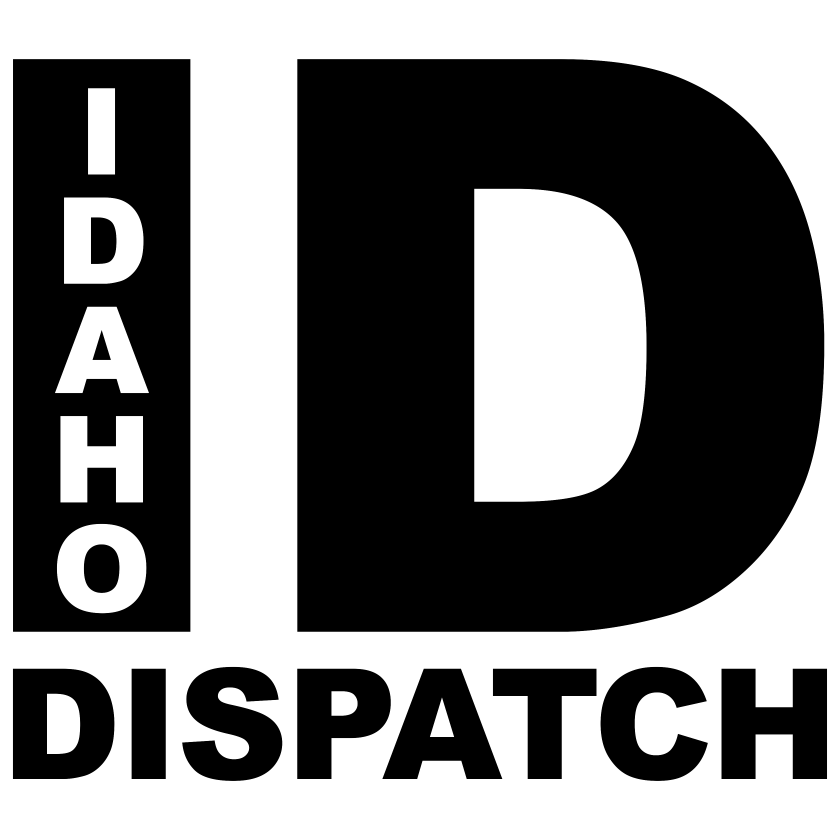

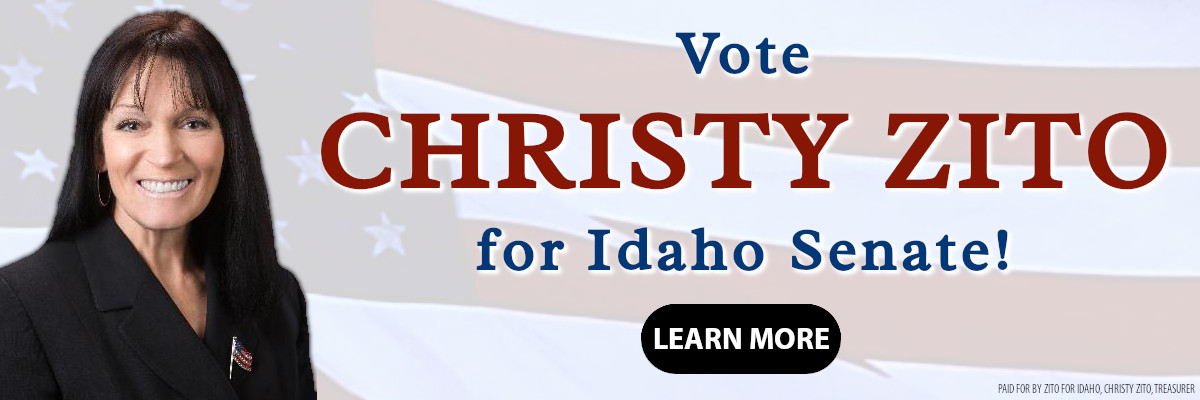
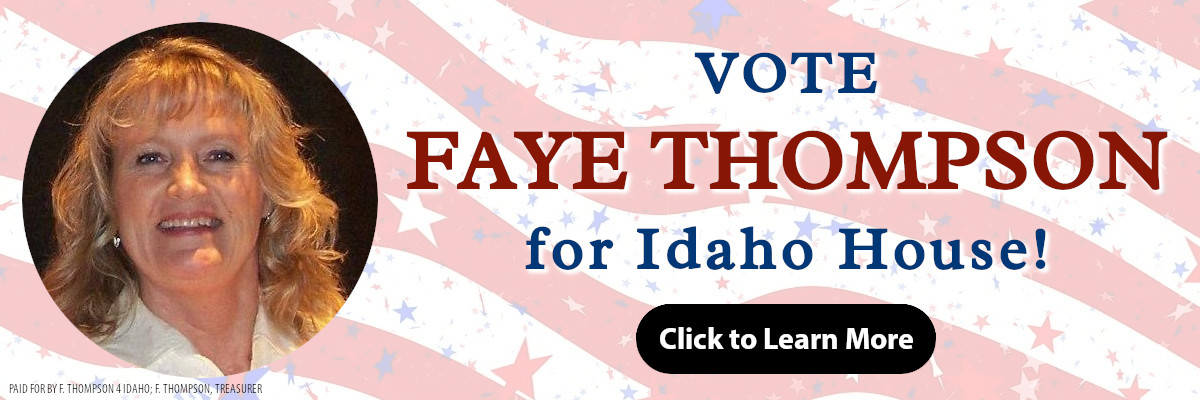
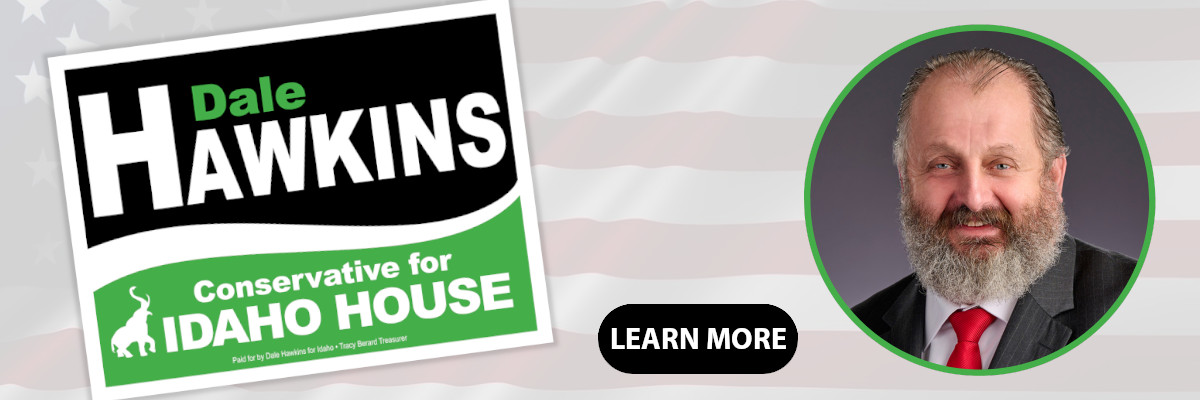
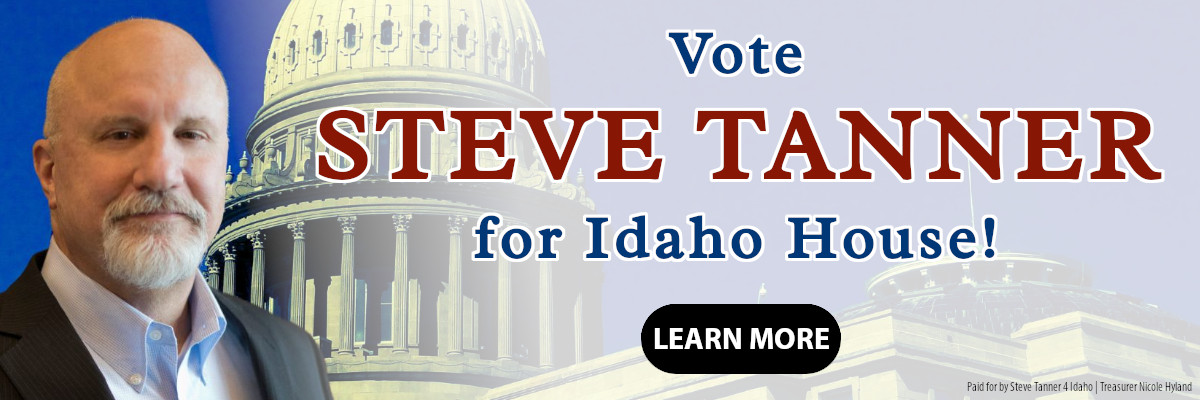



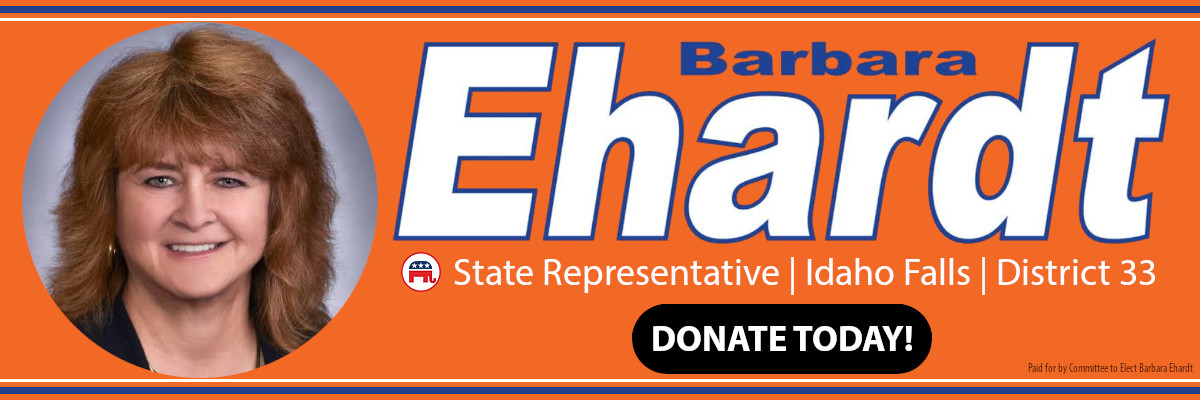
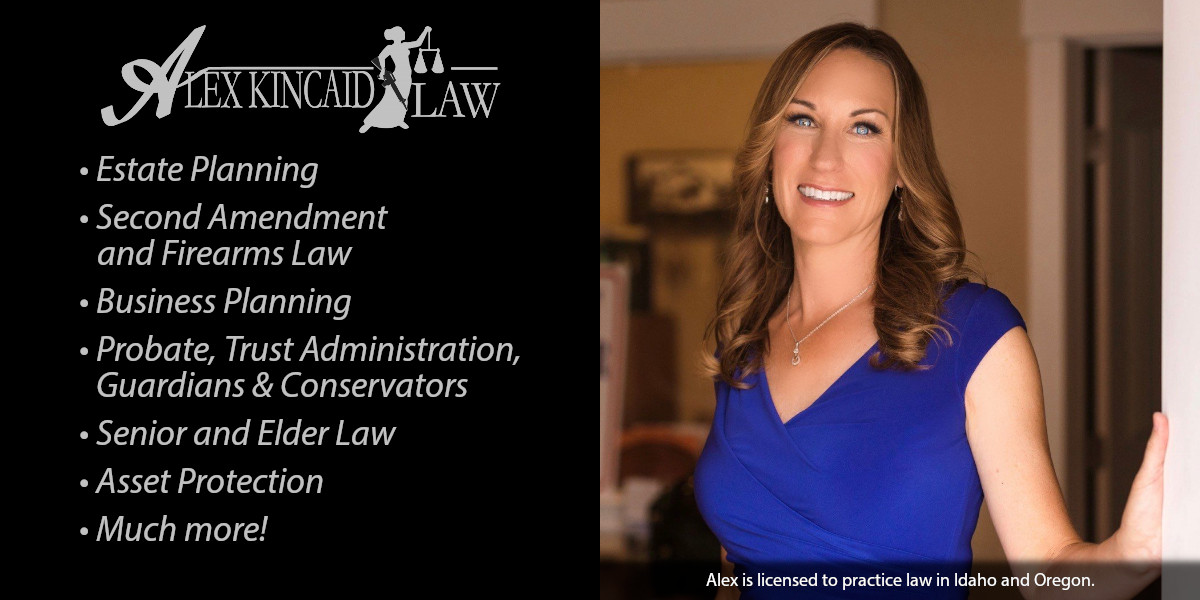






This past year the Executive Branch’s decisions, with the inept advice of an unelected Central District Health Board, proved itself completely incapable of either 1.) Calling into session in a timely manner and/or 2.) Allowing the freedom of the House and the Senate to decide what topics are most important to the People.
Dictatorships are not good.
Get this done, you decide which one of the two is best, yet get this passed now.
I agree, it’s a good thing to get these two passed.
I absolutely believe this is necessary in these times. The government it’s consistently and rabidly gaining power. We cannot govern ourselves if our representatives are not directly connected to us.
Should they be able to call themselves in?, well yes of course the Idaho constitution already says they can.
Will they call themselves in? Maybe.
If they do call themselves in will they do anything of substance? These limpwads…haha. Yeah right, they are the biggest snowflakes of all. Throw all the bums out!!!
The Idaho Legislature definitely needs to be able to convene when needed to tackle emergencies. I believe that they already have the authority, but I welcome the chance to clarify it and make it sure.
I don’t like the idea that the senate and house “LEADERS” get to be in charge of this process though. We have enough of this top-down already in out state.
I also think that we should make this process automatic. If and when the Governor declares an emergency, the legislature should automatically be called if the emergency is not over in 30 days.
Yes, our legislature should have the power to call themselves into session.
Make sure it’s not in the constitution first according to some whose replied it was. Myself, I don’t know. Just let me know one thing… will this be used to endorse dictatorship from anyone party as we’re seeing at the capitol? Does this agree to our constitution rights? Again, I don’t know but I believe we need to be very careful how we allow our legislatures to rule.
Absolutely, yes, they should be allowed to call themselves back into session. And the Governor should have no say in what they wish to bring up. There is a reason there are 3 separate bodies of government and they should stay 3 separate bodies without interference from non-legislative personnel.
Yes!! Get on both of these. We have too many far leftists wearing Republican skins to get into office before showing their true colors. The squishy in the Governor’s mansion shamed us badly. A remedy MUST be created so that it cannot happen again.
Absolutely! Governor Little grabbed power NOT GIVEN HIM BY THE CONSTITUTION and proceeded to issue orders concerning our ability to work, provide for our families, worship, etc.
Show me where it says in our state constitution that the governor can unilaterally decide these things with an indefinite timeline, as well as unilaterally decide how and where to spend and federal dollars. It’s not there, and anyone who says it is under the guise of public safety are suckers: do you know how many of our rights have been and can be taken away by the “public safety” justification??
History is replete with examples of tyranny that gained its foothold by fooling enough people that “public safety” superseded our rights to life, liberty, and property. If one can’t name at least three examples of such tyranny taking hold in just the last 50-60 years, I suggest some self-directed reading assignments.
For me, Governor Little is a wanna-be-now-proven tyrant. He will never again get my vote. Time to reign in him and every successor.
Too much overreach in the executive branch. yes a call to session should be allowed